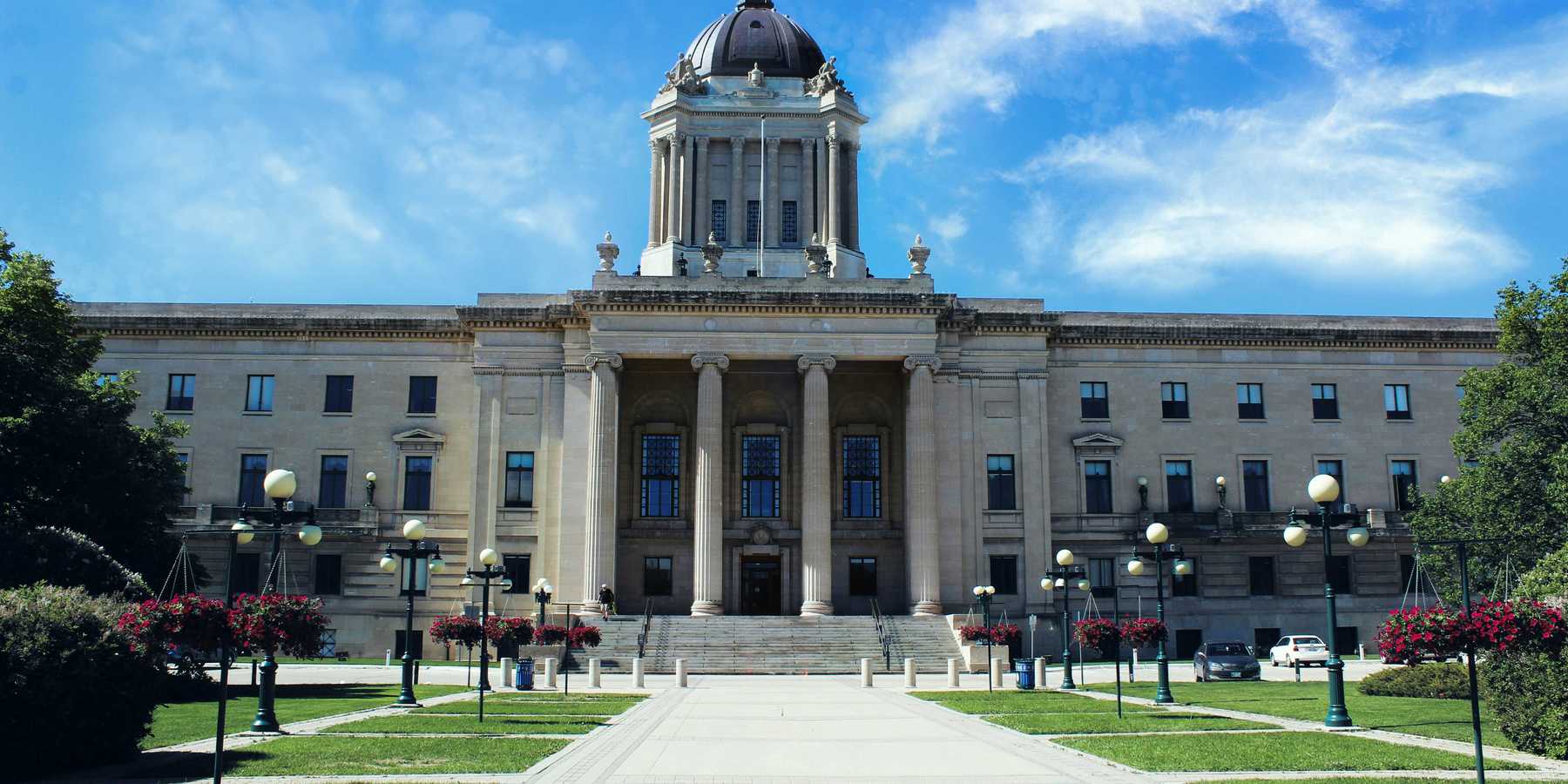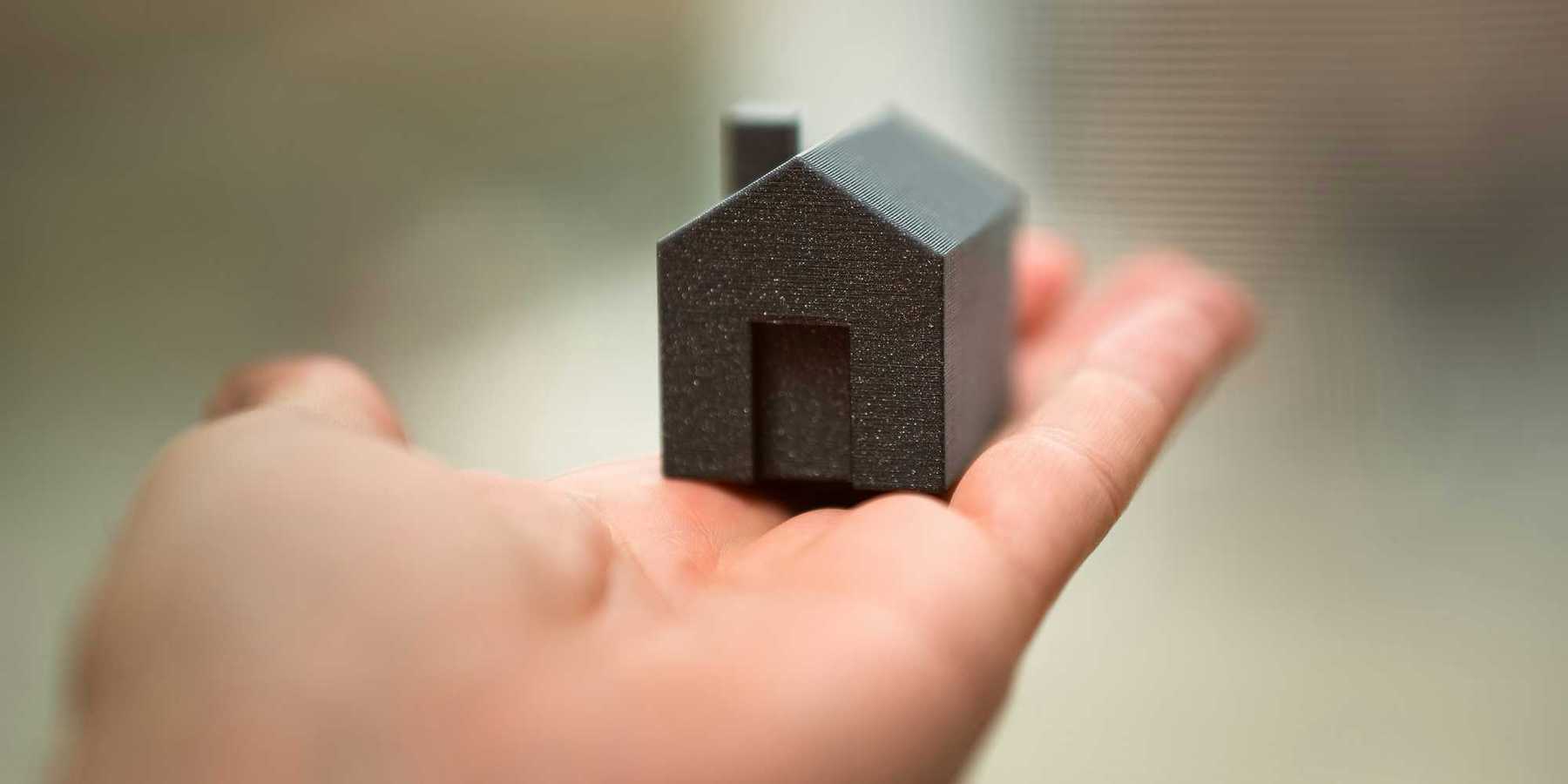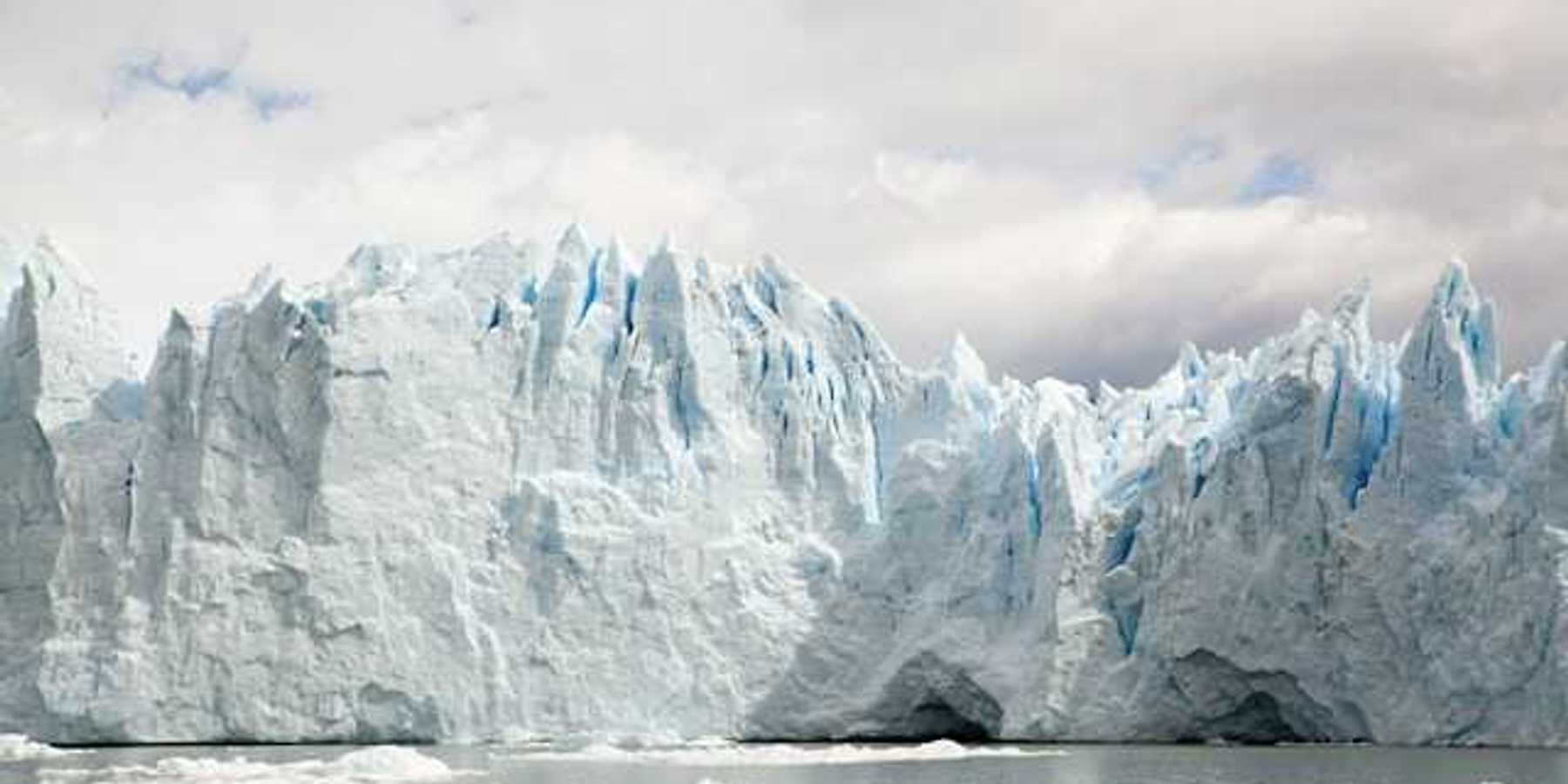Antarctica’s latest geoengineering proposal could spark international conflict
As climate change accelerates Antarctic ice melt, a proposal to create an underwater “curtain” to block warm water from glaciers is raising concerns—not just about environmental impact but about the geopolitical fallout it could trigger.
Ellen Phiddian reports for Cosmos.
In short:
- The “Antarctic curtain” would involve a buoyant barrier on the ocean floor to slow melting glaciers by keeping warm water away.
- While scientifically debated, the proposal also highlights overlooked political risks, particularly regarding sovereignty and security in the region.
- Researchers warn that a project of this scale could disrupt the peaceful, science-only principles established under the Antarctic Treaty.
Key quote:
“This paper sheds light on the political and legal ‘shadows’ hidden behind the exciting surface of science and technology.”
— Akiho Shibata, researcher in international law at Kobe University, Japan.
Why this matters:
As climate solutions become more extreme, they risk setting off new geopolitical conflicts. Scientists argue an “Antarctic curtain” could slow the melt rates of key glaciers, buying time against rising seas. But the idea also hints at a Pandora’s box of geopolitical concerns that could violate the treaty’s spirit of peace and shared scientific inquiry. Read more: Solar geoengineering: Scientists decry a 'foolish' idea.













